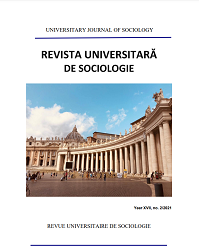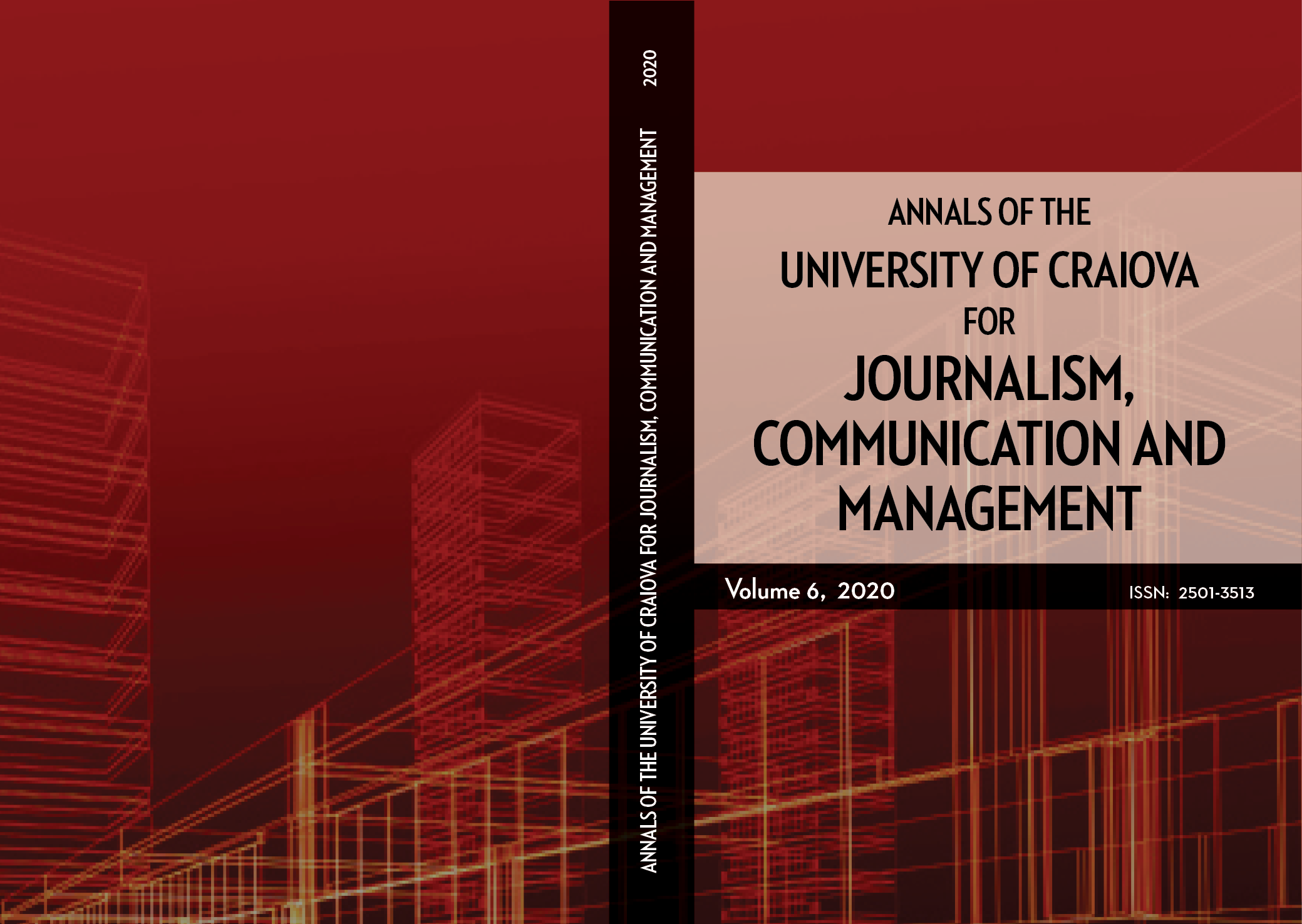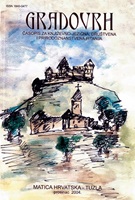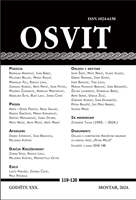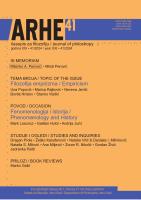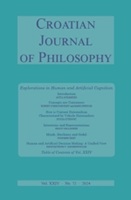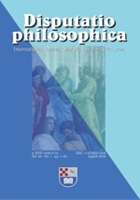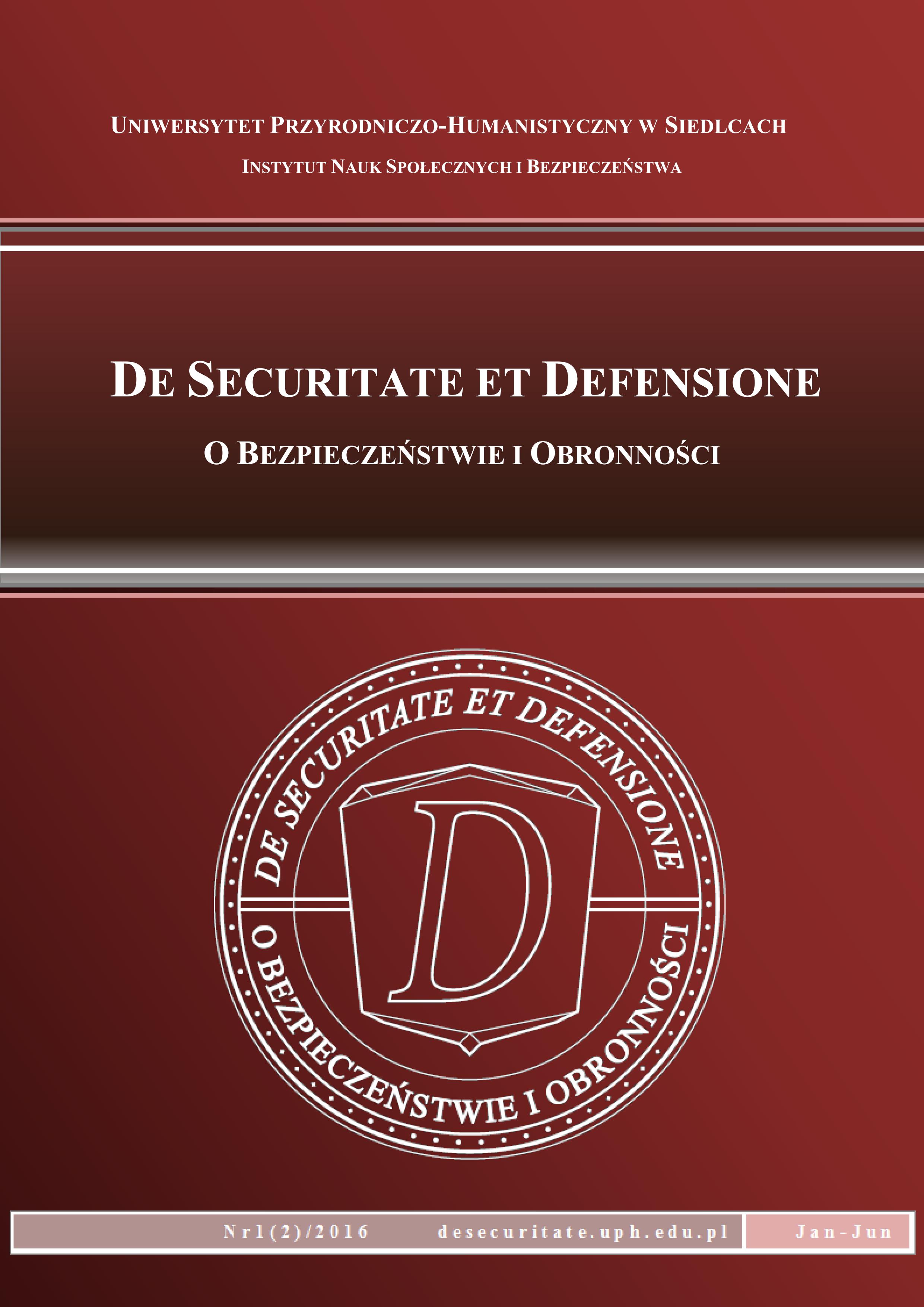
Проблема безопасности в неоклассическом реализме
The article is dedicated to main approaches to security problem in neoclassical realism: B. Buzan’s concept of international politics, K. Holsti’s political theory, J. Mearsheimer’s “offensive realism” theory, S. Walt’s theory of “balance of threats”. Author pays special attention to state’s strategies on international arena.
More...

